Education > QUESTIONS & ANSWERS > UGBA C172 Final Exam 2022 with complete solution (All)
UGBA C172 Final Exam 2022 with complete solution
Document Content and Description Below
UGBA C172 Final Exam 2022 with complete solution Stages in Historiography (historical analysis) of anti-trust>>>>>>(Lecture? + Kolko, McCraw readings) Not only was there a backlash against the bign... ess of "Big Business", but BB continue to grow in scale regardless. 1890 - SHERMAN ANTI-TRUST ACT 1888 NJ law allowed corp mergers 1914 CLAYTON ACT, FEDERAL TRADE COMMISSION ACT Classic Progressive view: Teddy Roosevelt as Trust-Buster, lead popular interests against business interests, food regulation, conservation... 1950s: R. Hofstadter began emphasizing some of the shortcomings of the Progressive Era. While middle-class citizens supported progressivism, support from the working class was less visible. Also, he made connections between populism & later Nazism and McCarthyism as potentially dangerous majority-tyranny movements. He theorized that middle-class support for Progressive regulation was not so much goodwill towards the working class, but to control the backlash against Big Business; it was anti-modern, whatever that means. 1960s-70s: G.Kolko: TR distinguished, rather arbitrarily, between "good" and "bad" trusts, mostly based on personal relationships that led him to evaluate leaders of the "good" trusts as fundamentally good people. Ultimately, TR believed that trusts were inevitable given the economic changes of the day. Furthermore, the Bureau of Corporations did not conduct third-party investigations, but obtained data from the companies themselves and were relatively lax when they cooperated. Also, meat regulation was again aimed to contain worker unrest; conservation movement aimed to manage resource use efficiently but not to protect them outright. 1970s-80s: "New Revisionism" & T. McCraw's representation of "new school" perspective. He believed that, due to the unsophisticated understanding of economies of scale at the time, it was difficult to tell when antitrust laws were being validly enforced, and when they were just restricting business unnecessarily. McCraw criticized Justice Brandeis' rigidly anti-Big Business stance and notion that Bigness bred inefficiency. This analysis is in line with the Reagan era's generally pro-business stance. Significance: American cultural ambivalence and confusion towards Big Business...interpretation of antitrust legislation/the Progressive Era of late 1800s/early 1900s depended heavily on the outlook of each of the eras that followed. • LOVE/HATE [Show More]
Last updated: 1 year ago
Preview 1 out of 19 pages
Instant download

Instant download
Reviews( 0 )
Document information
Connected school, study & course
About the document
Uploaded On
Sep 26, 2022
Number of pages
19
Written in
Additional information
This document has been written for:
Uploaded
Sep 26, 2022
Downloads
0
Views
87


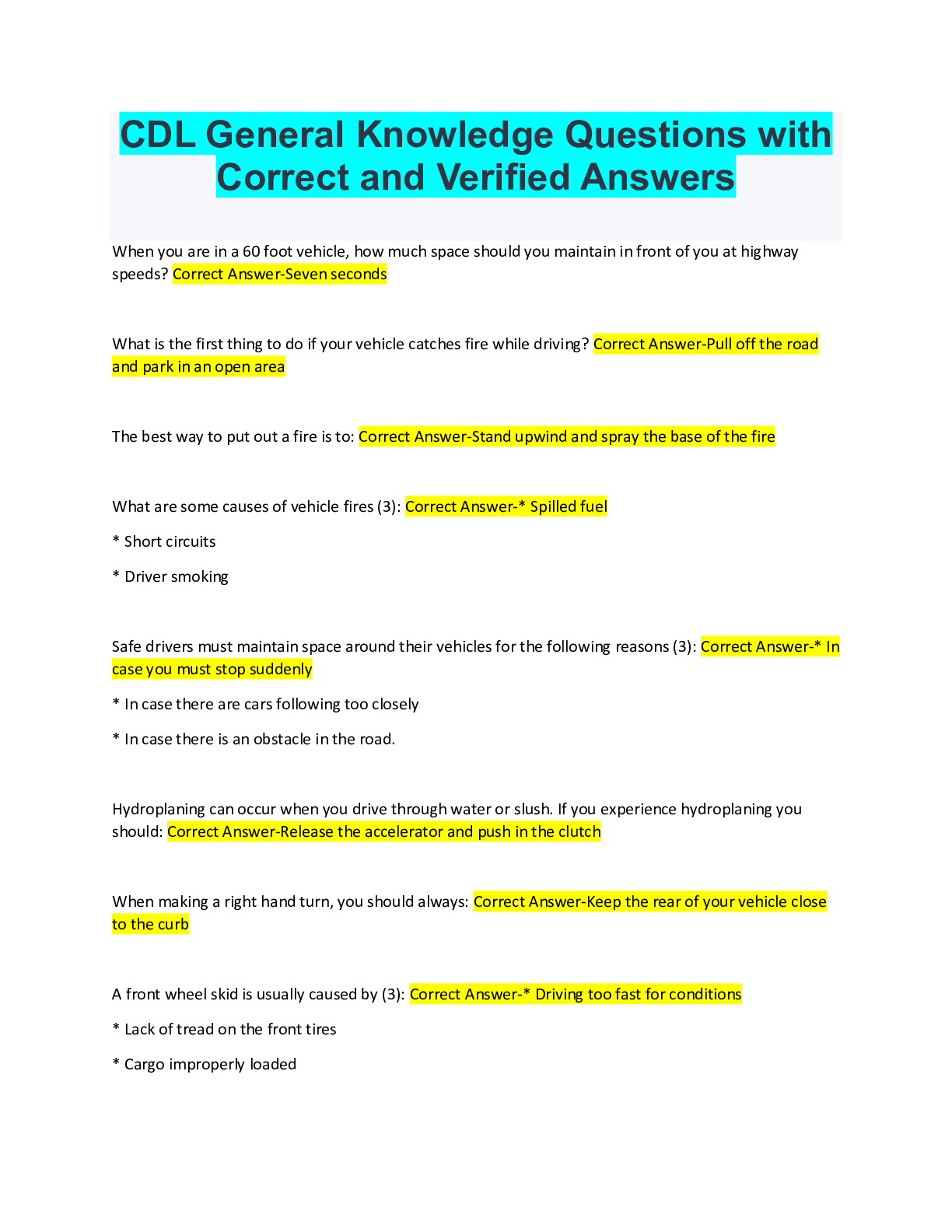
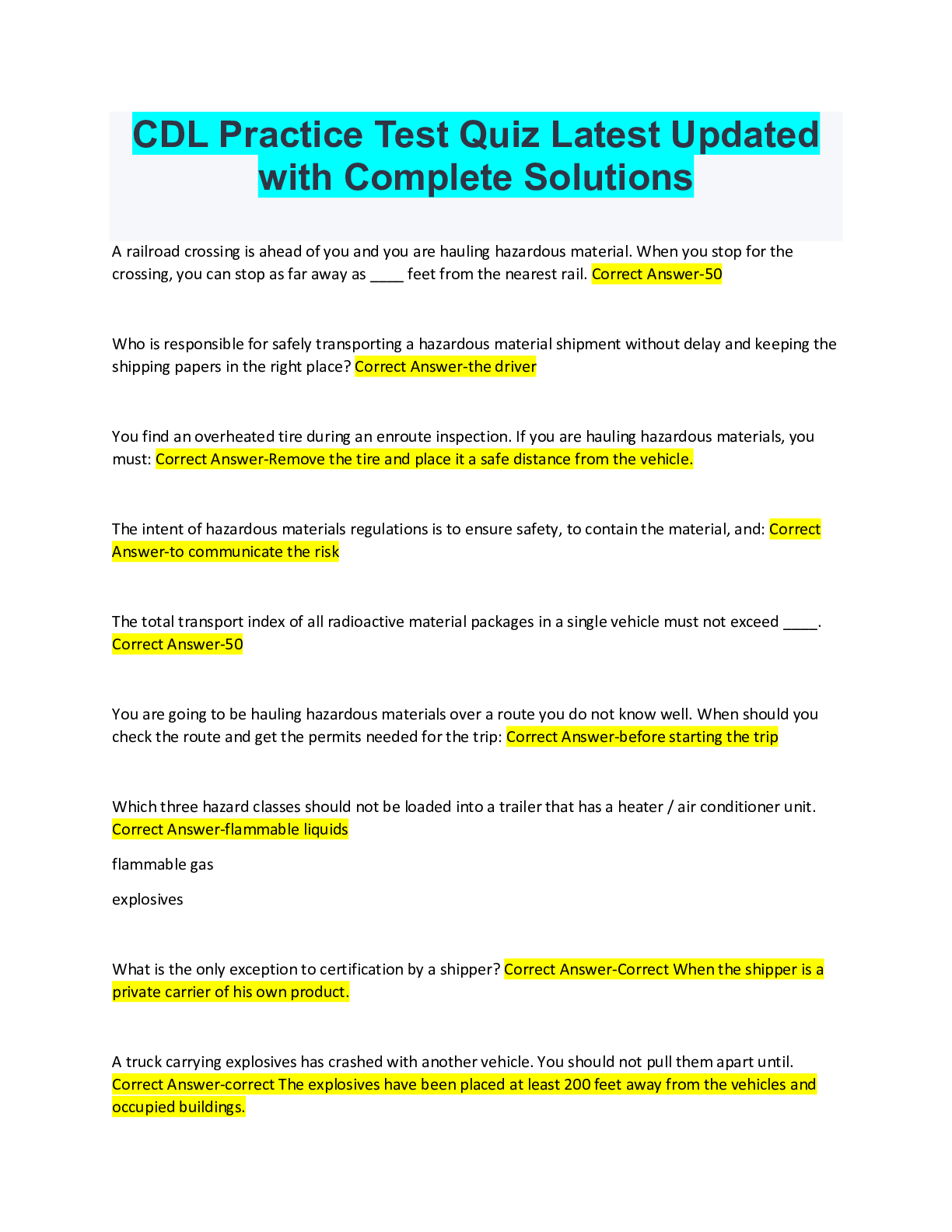
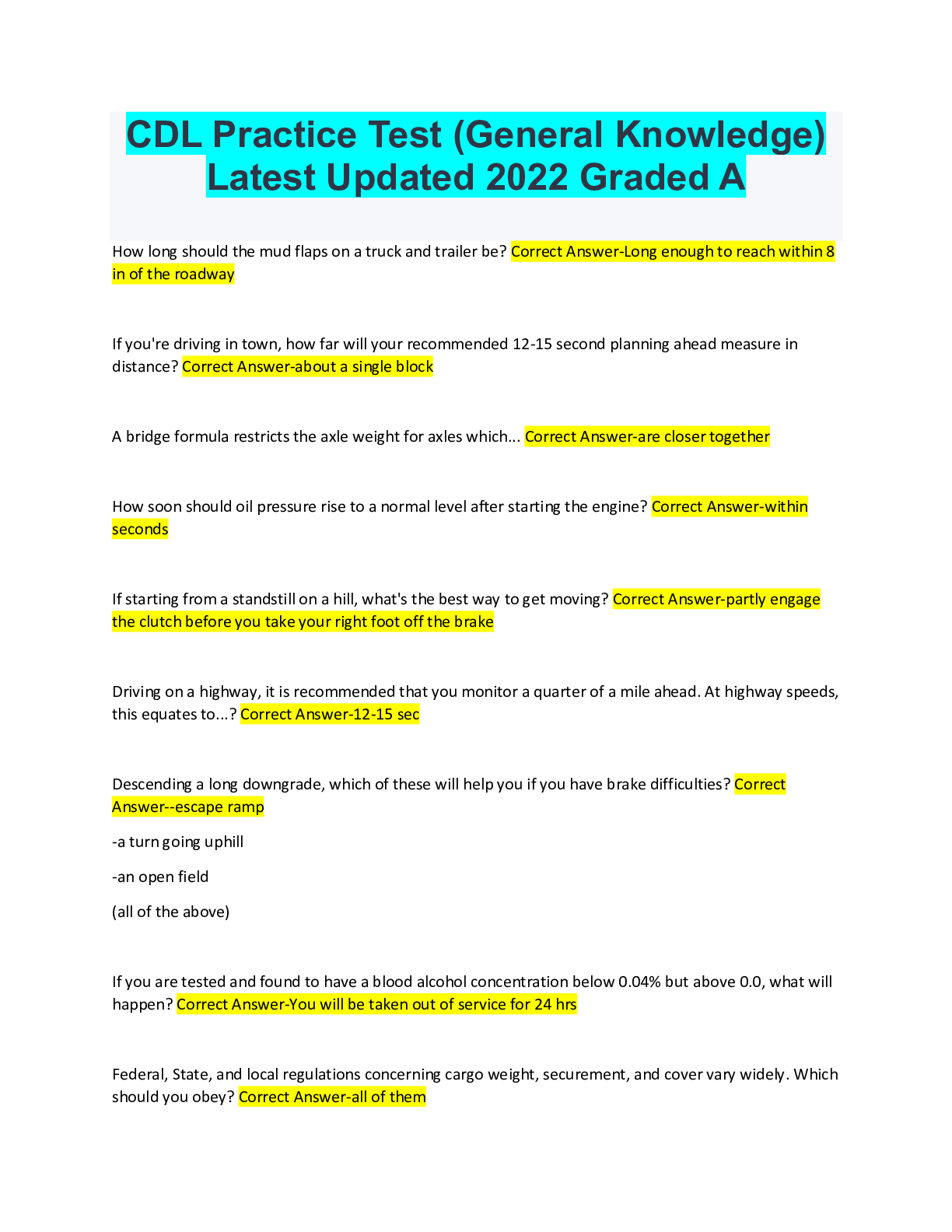
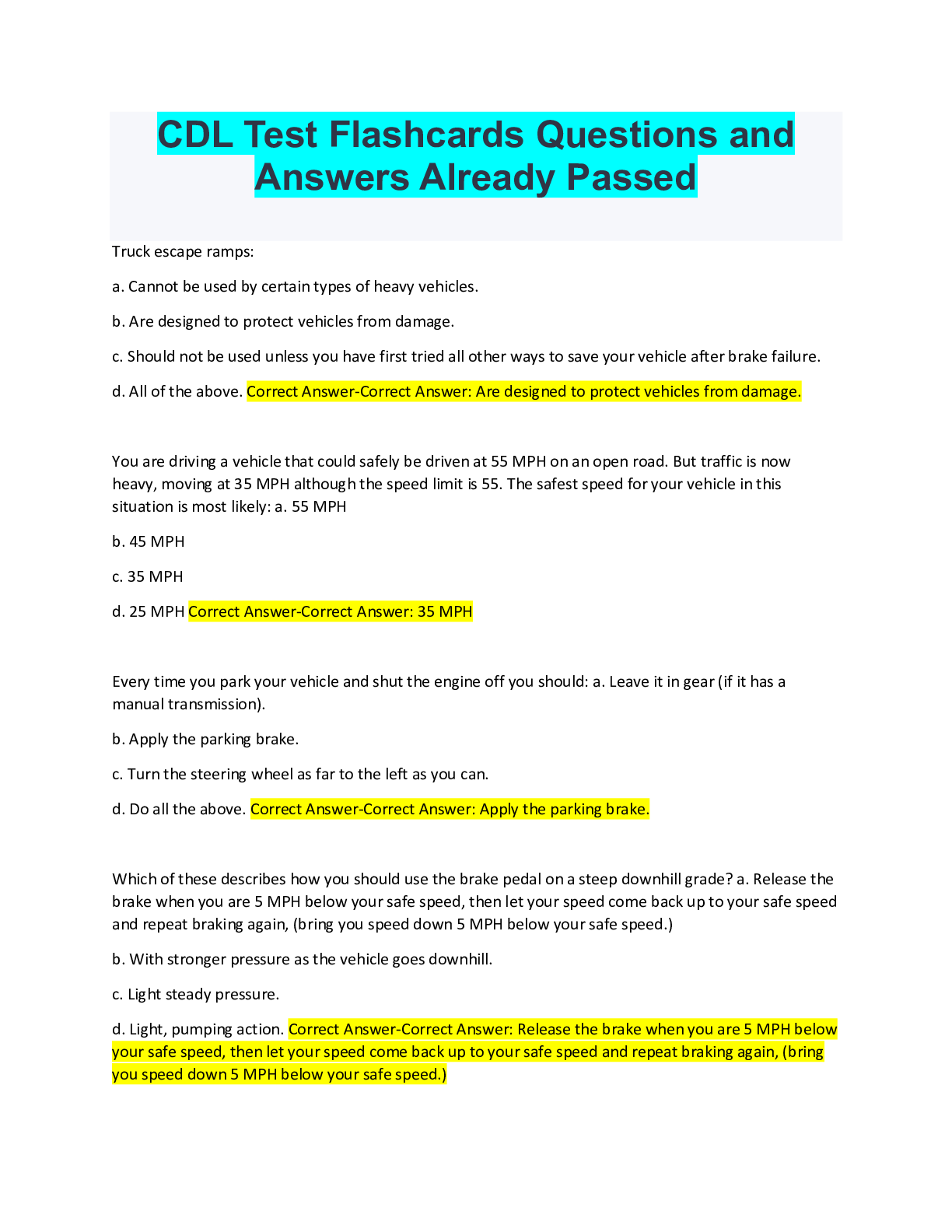
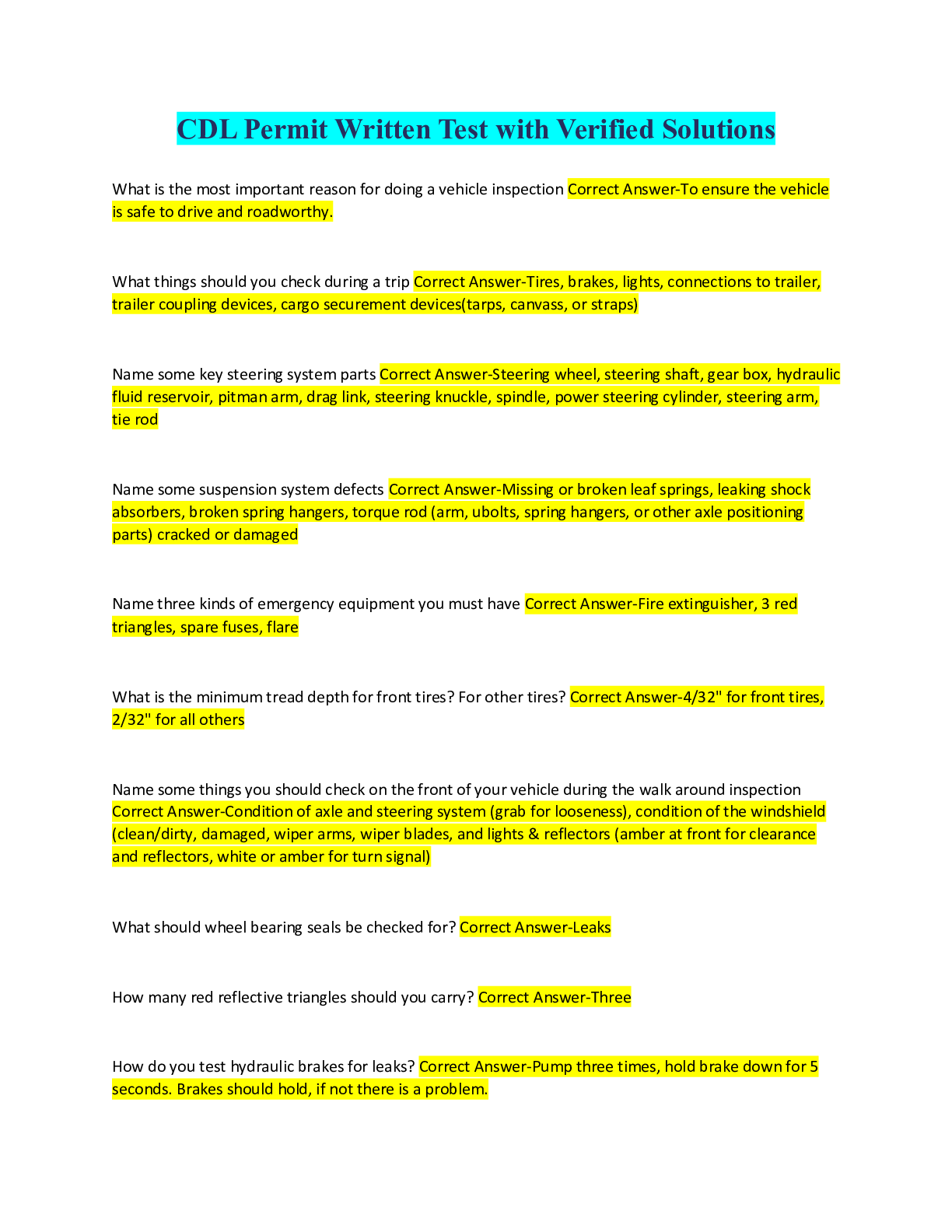
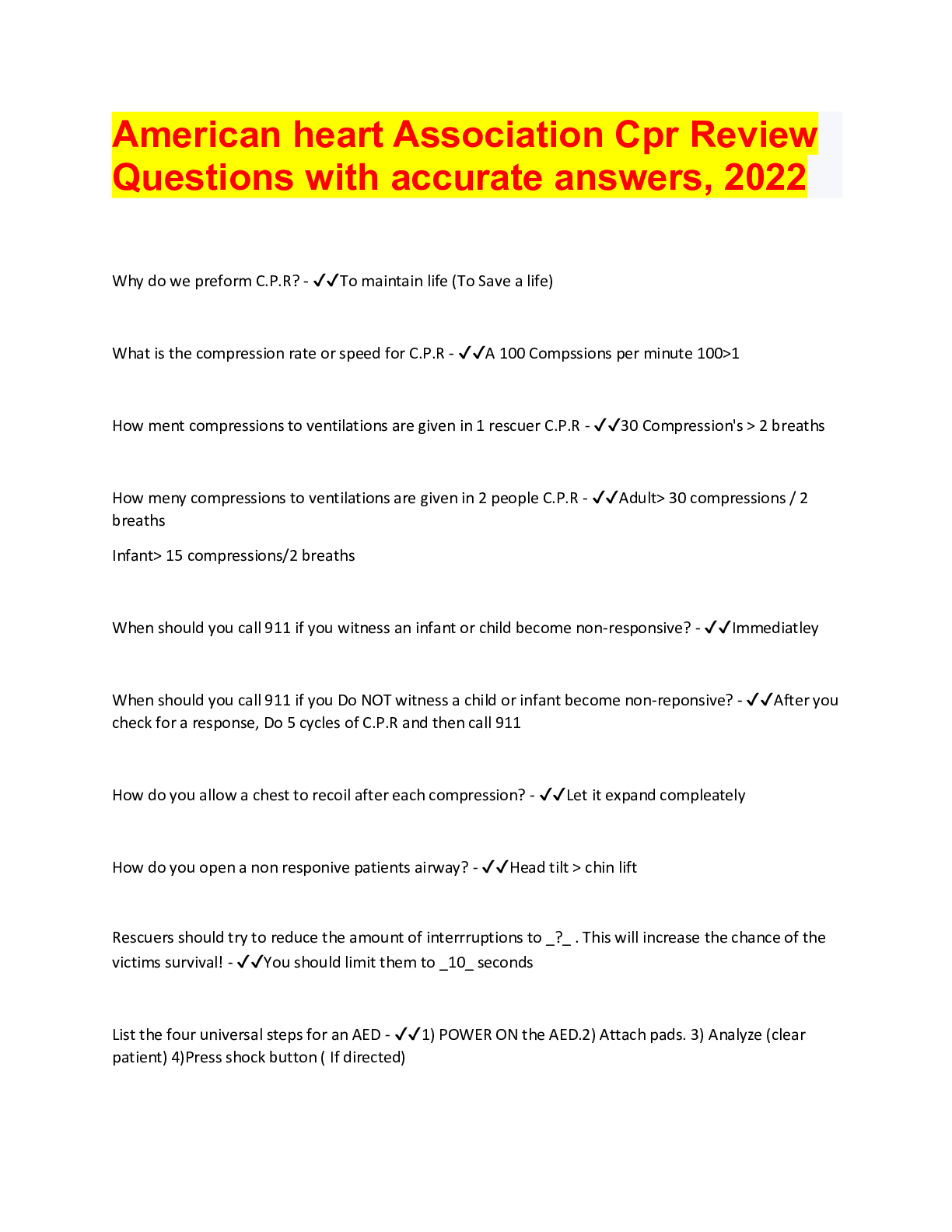
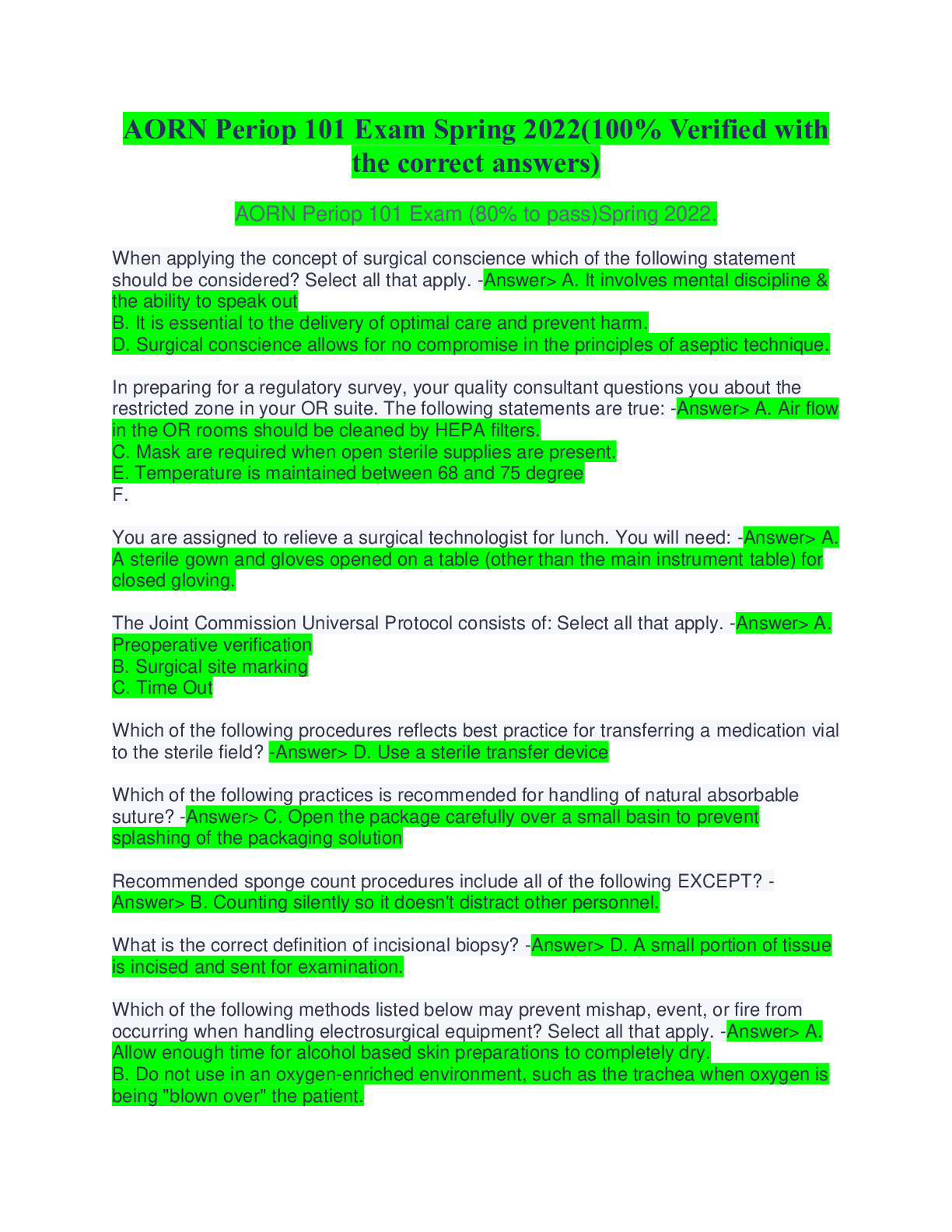
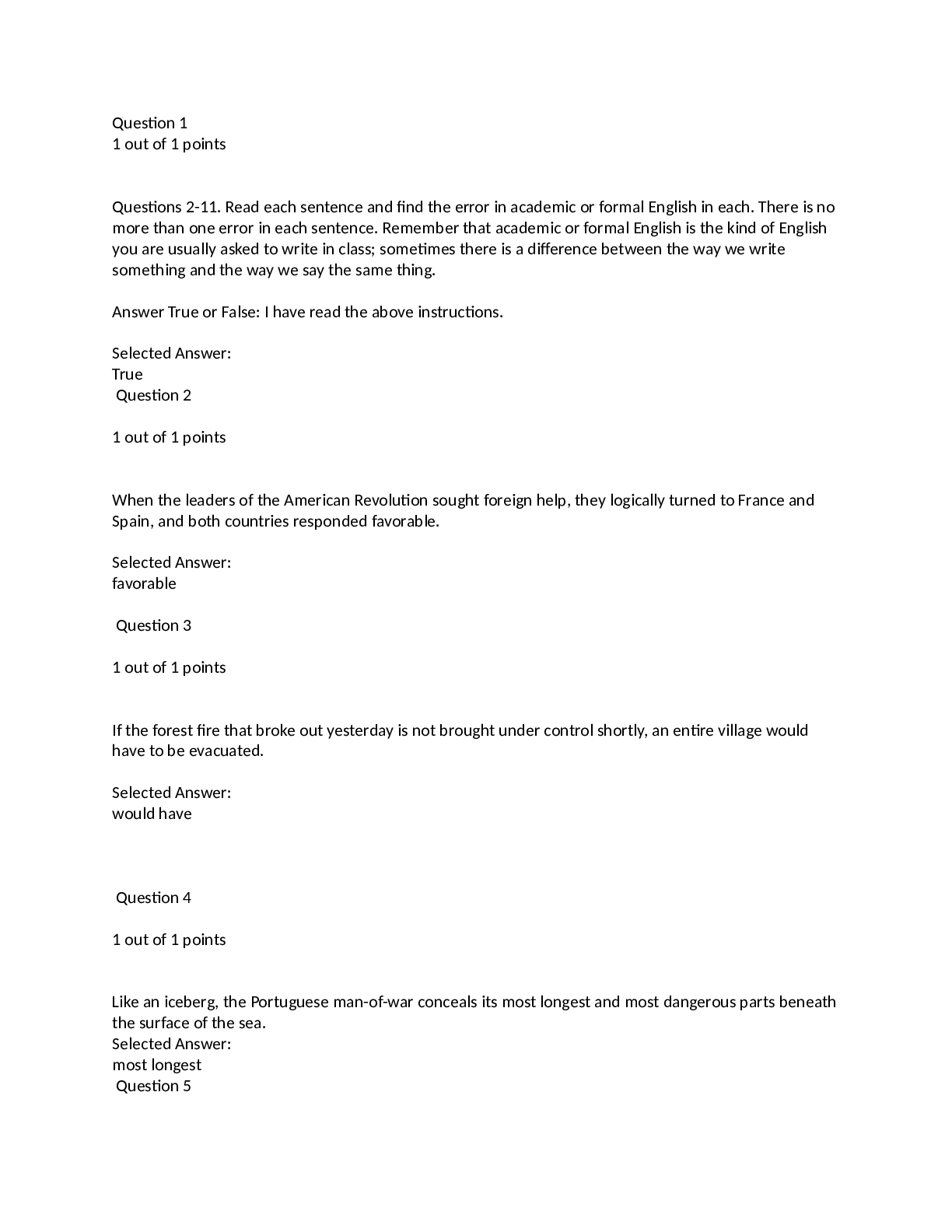
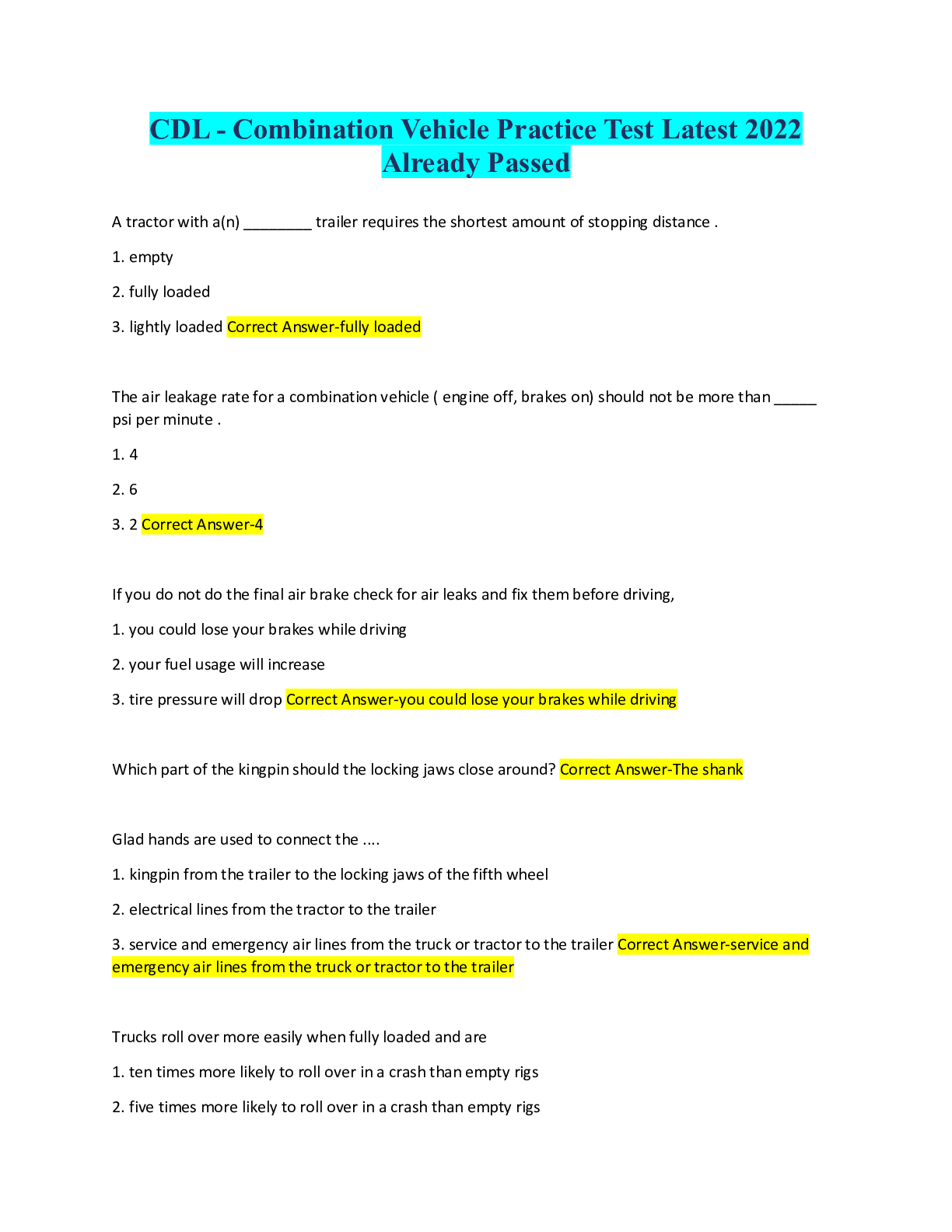
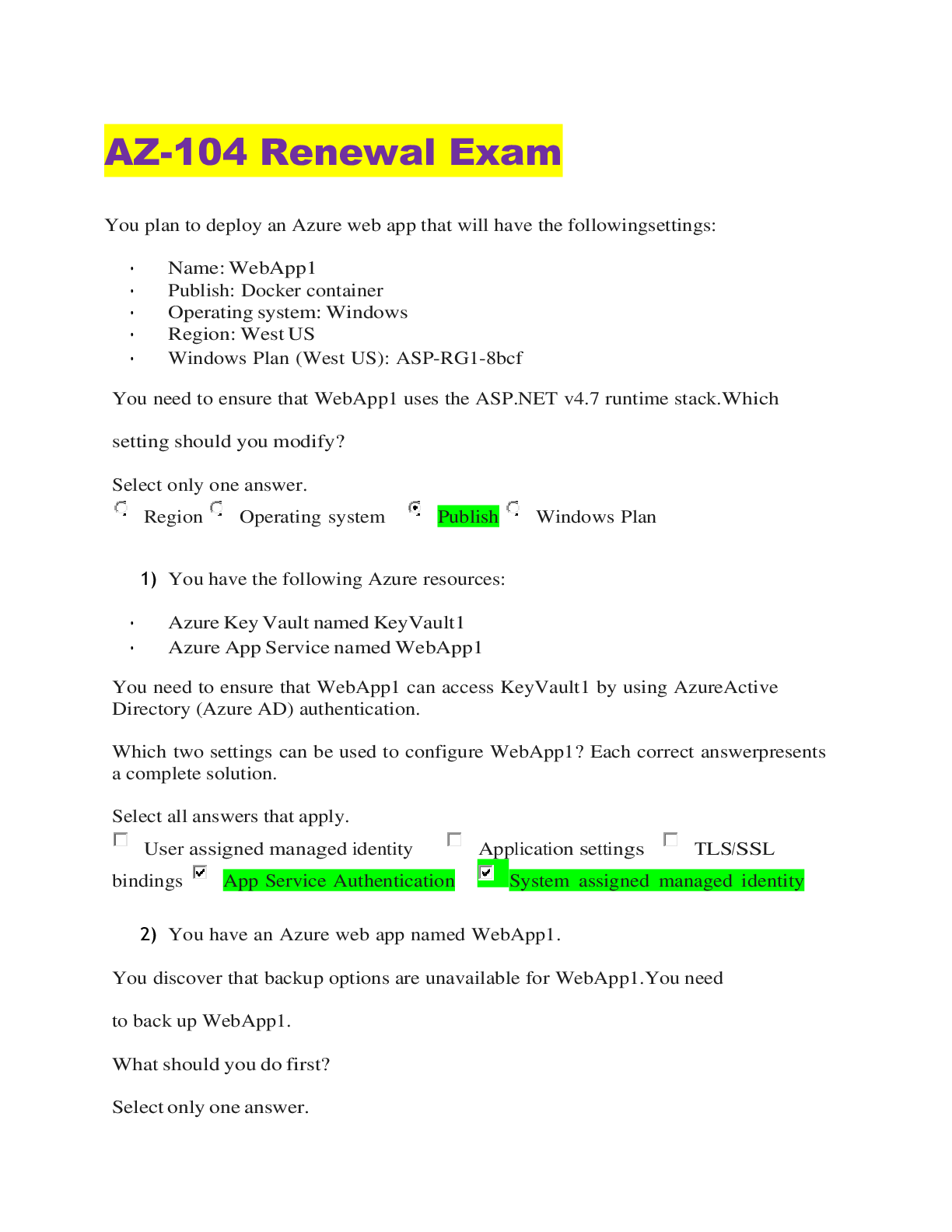
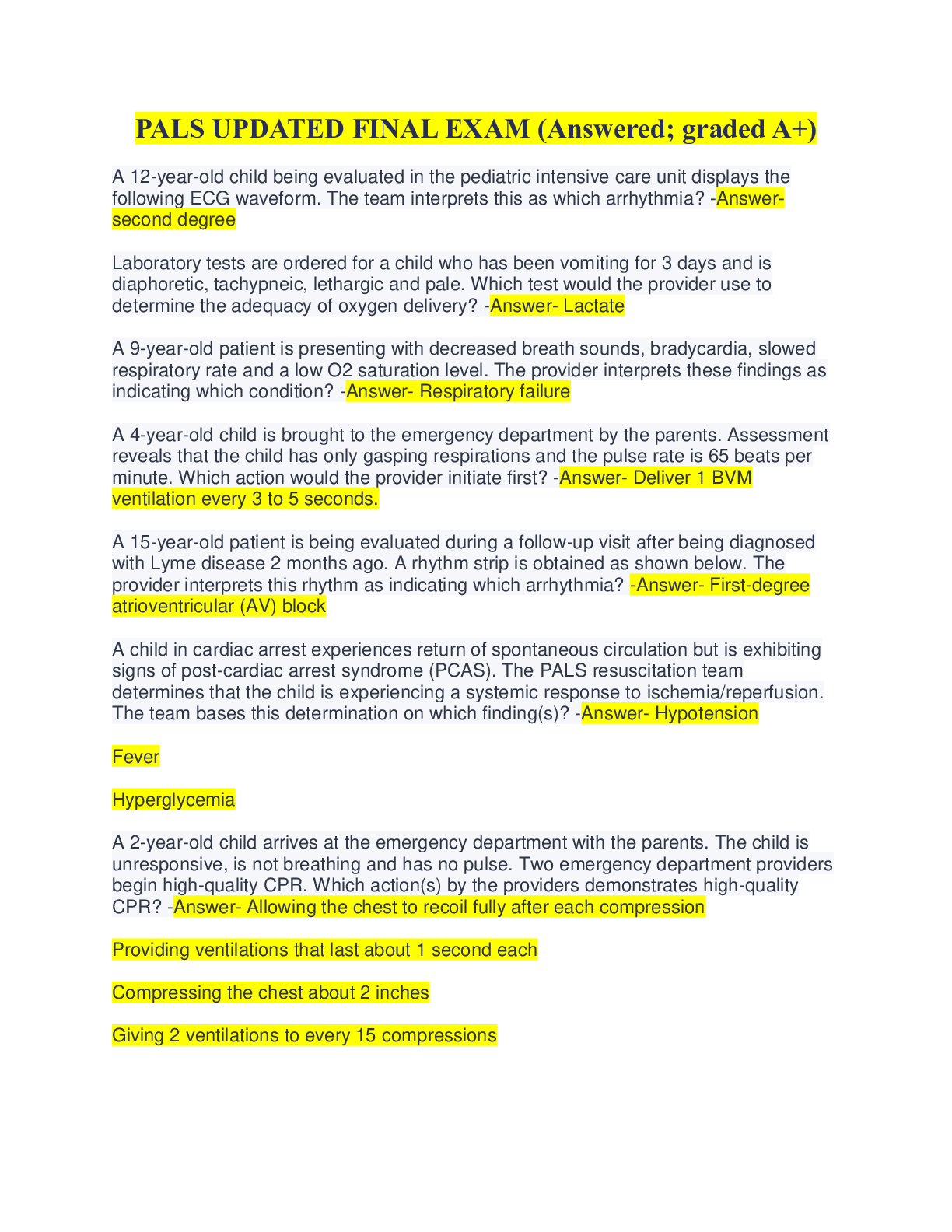
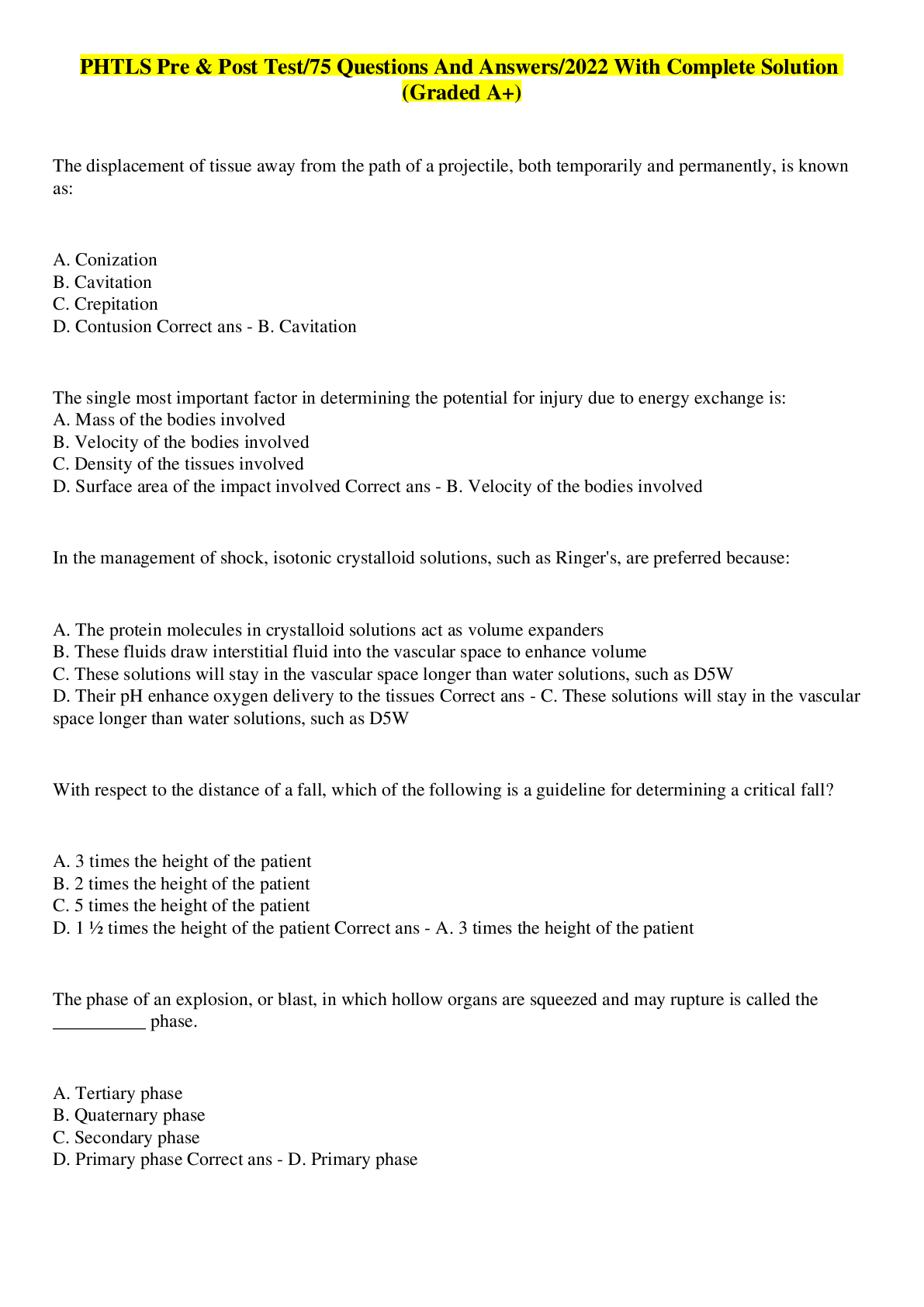
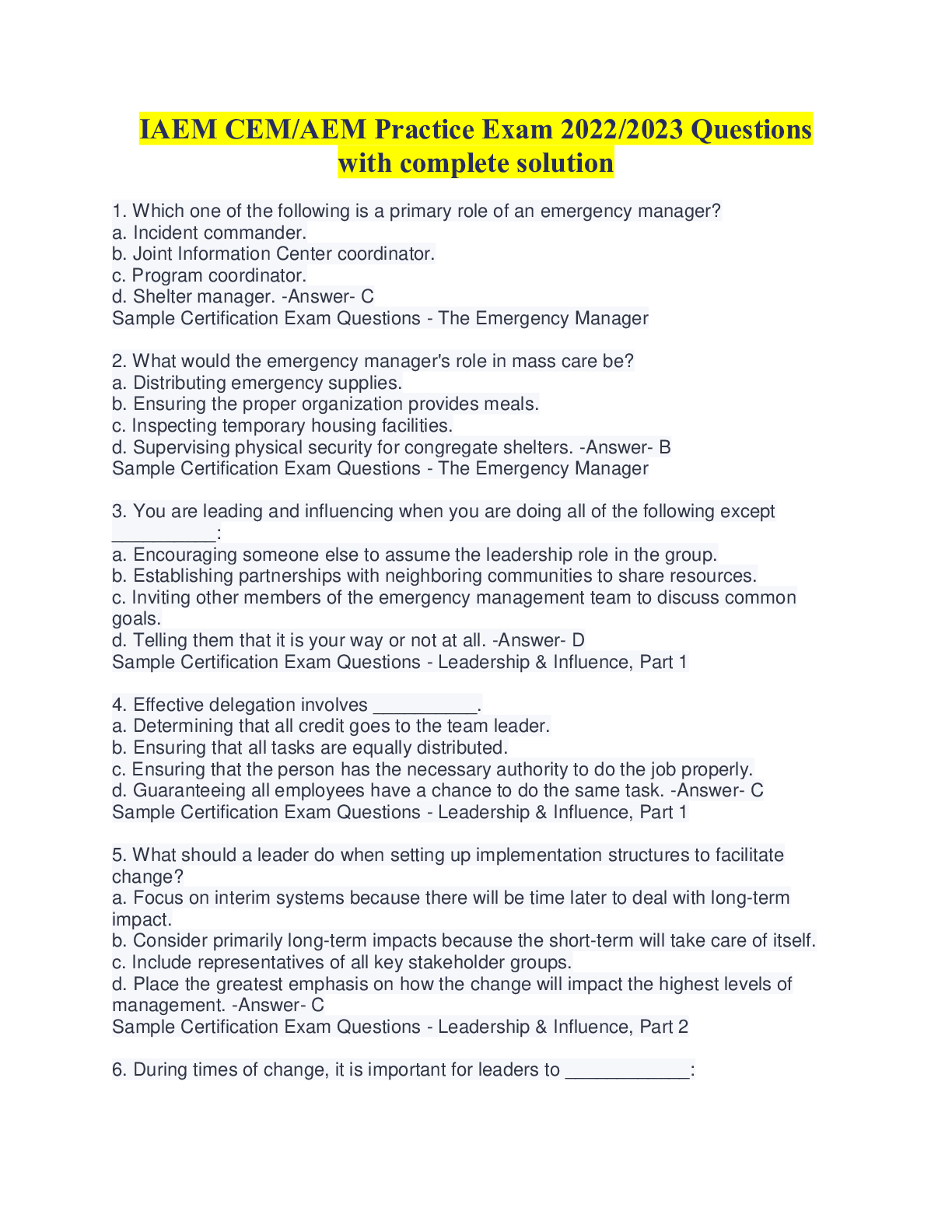
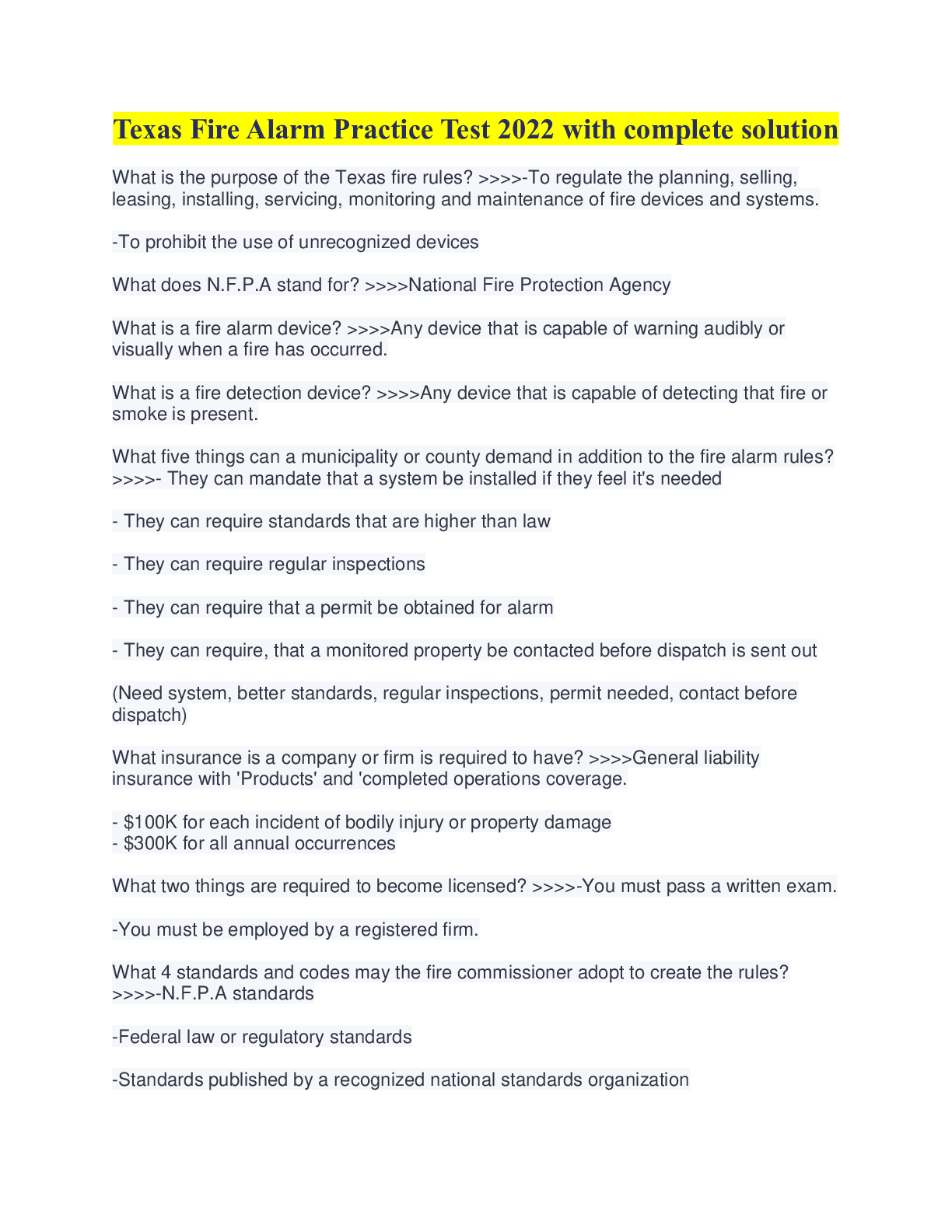
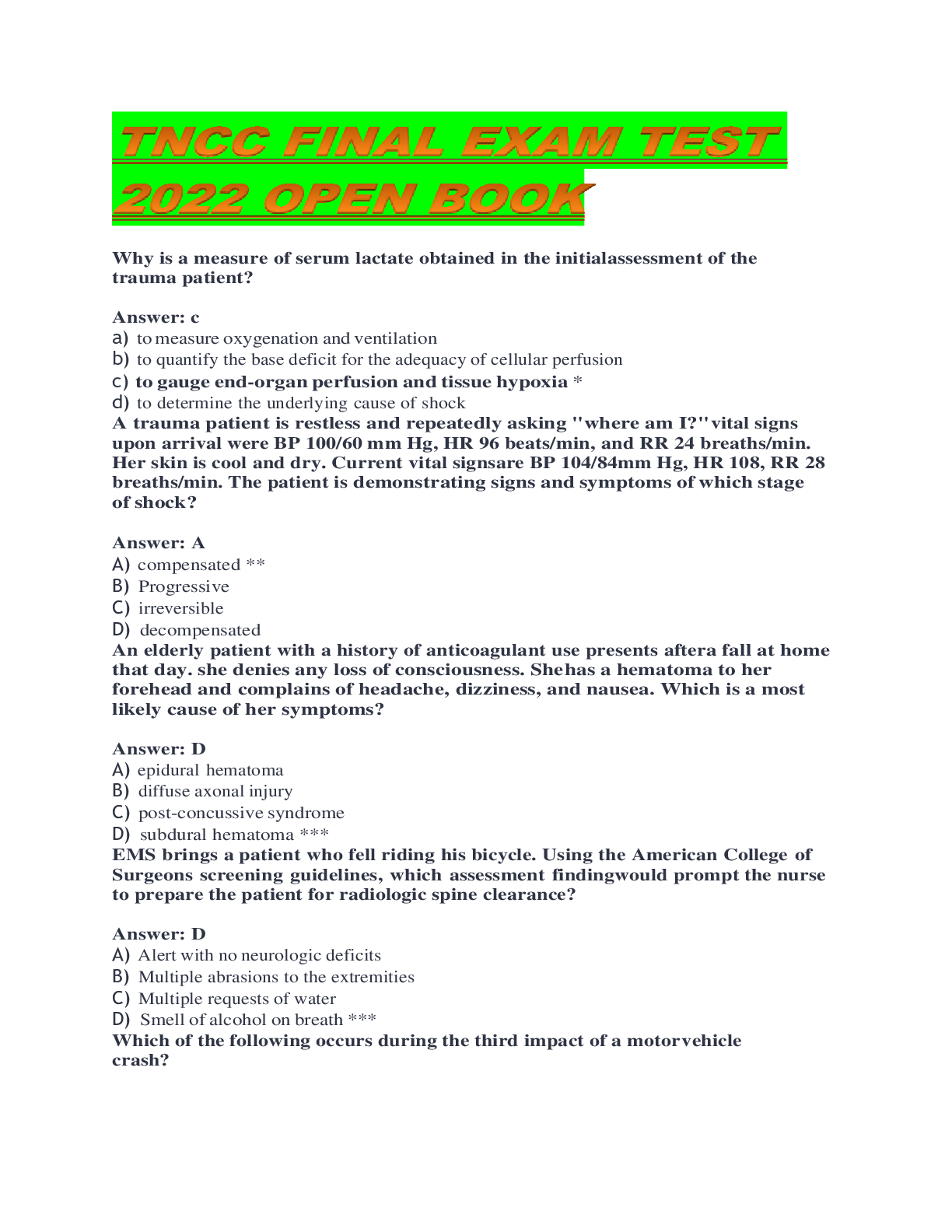
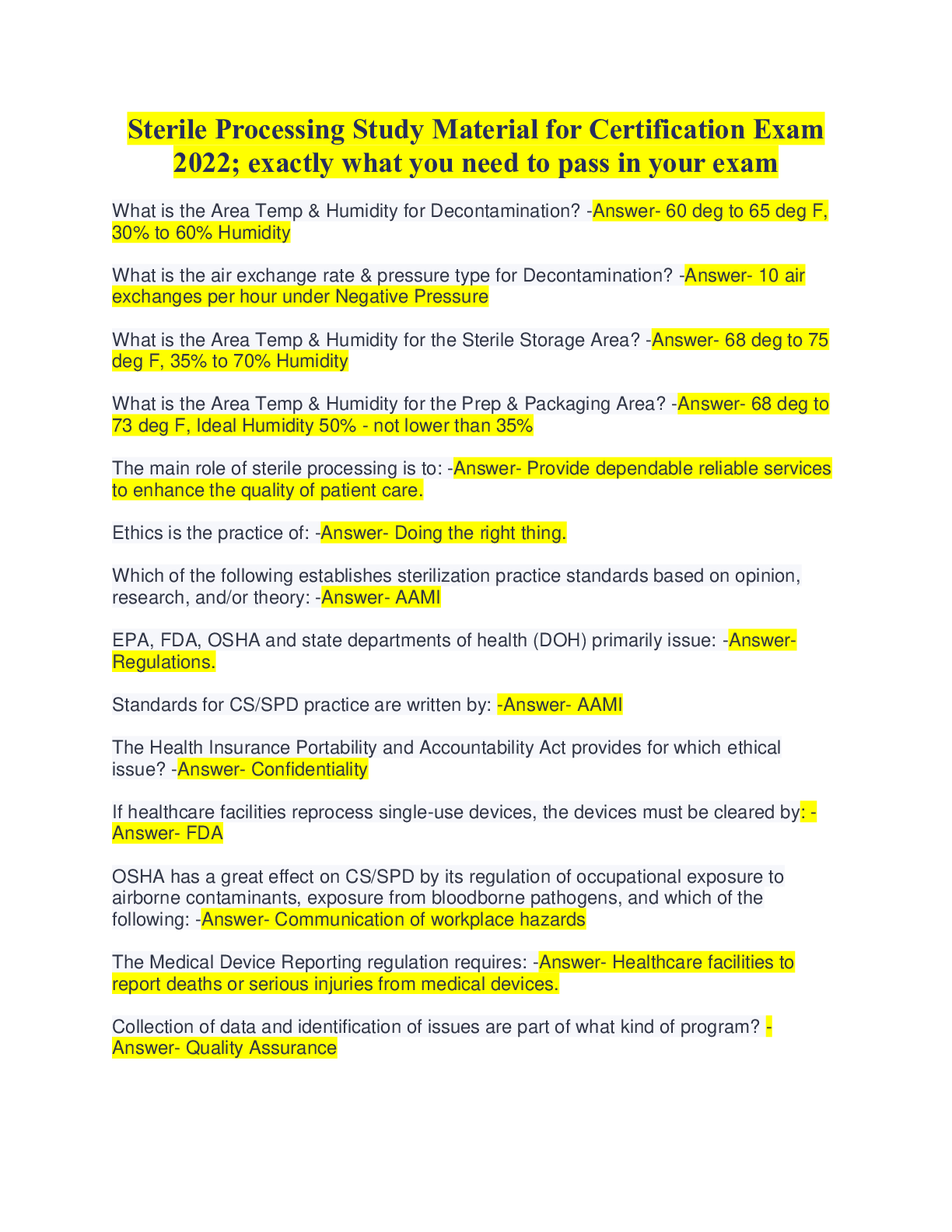
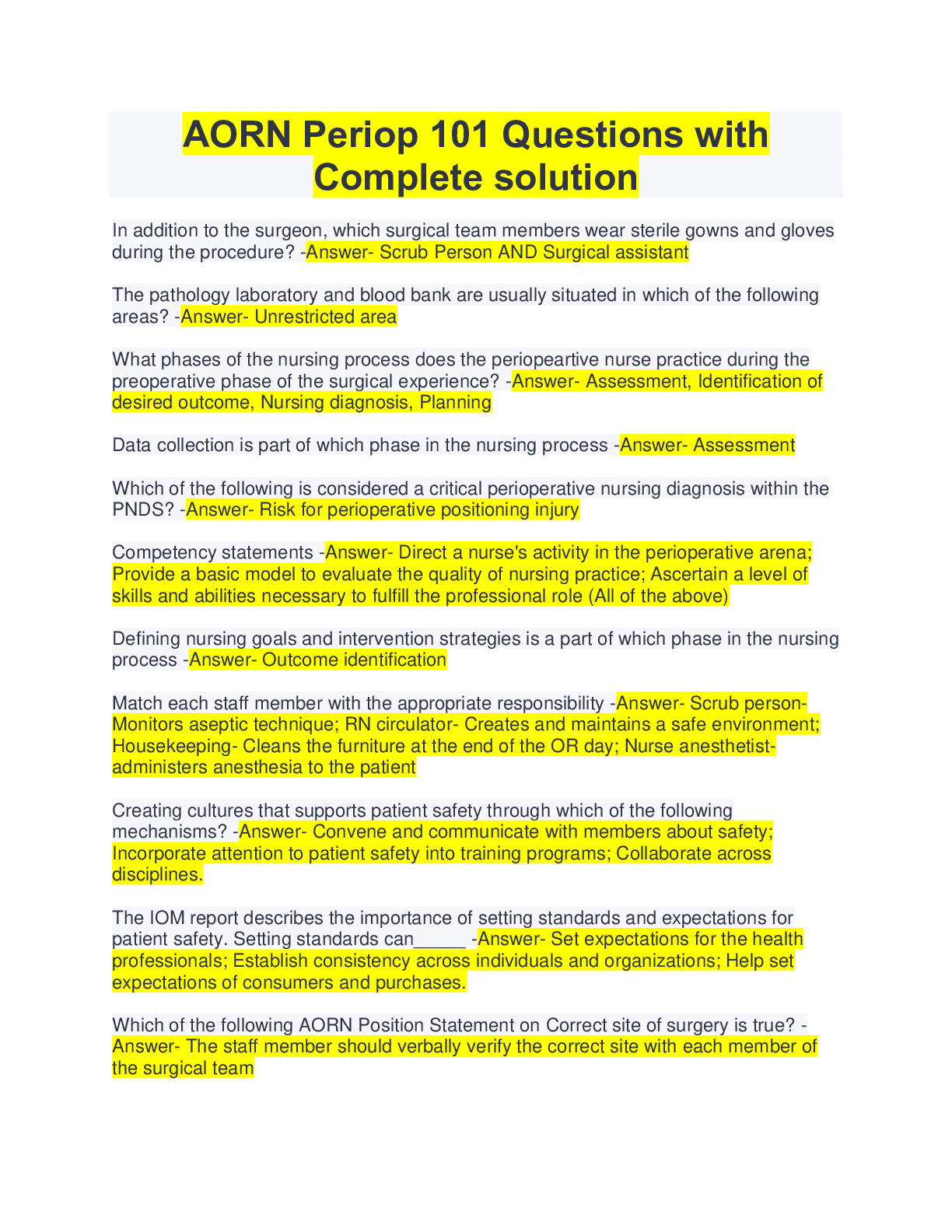
.png)
.png)
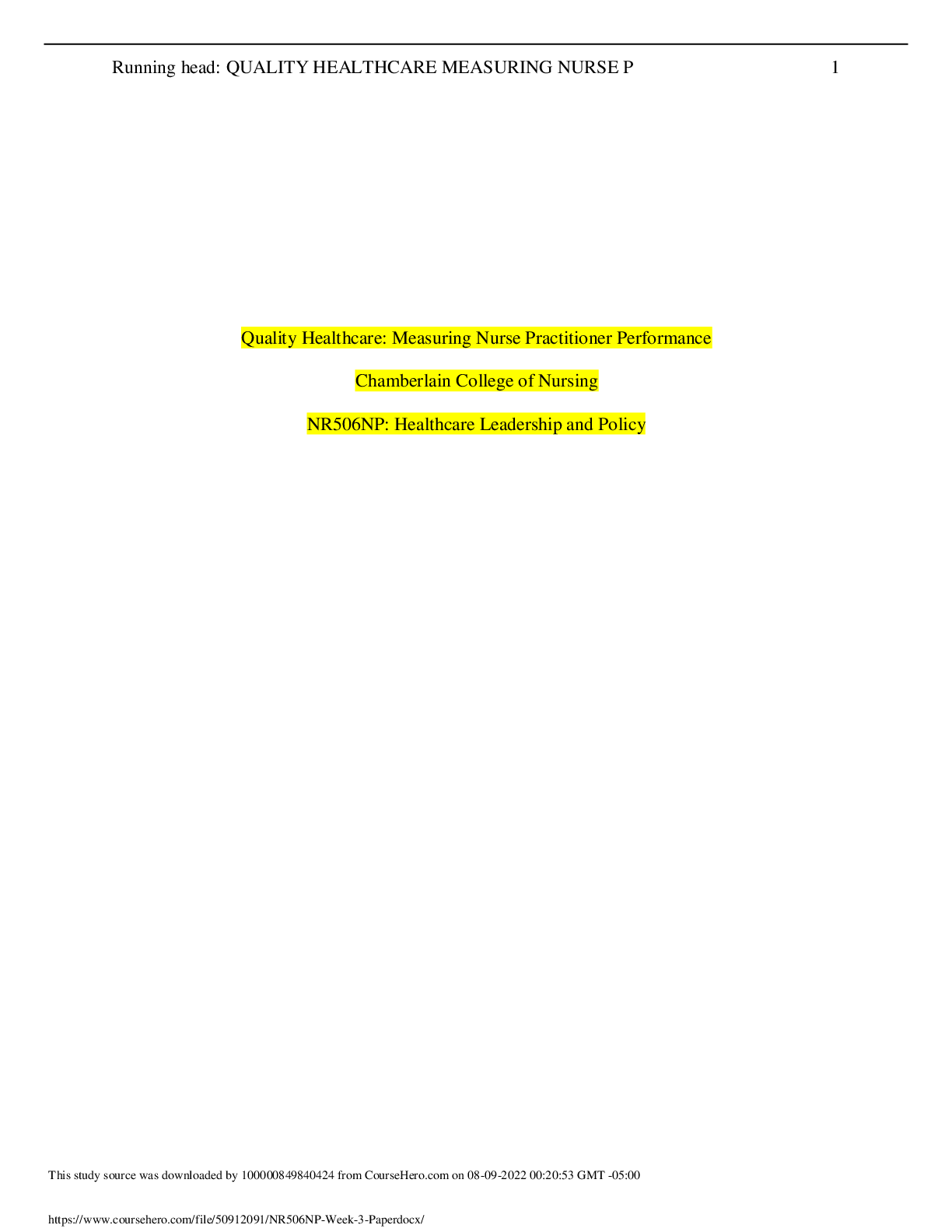
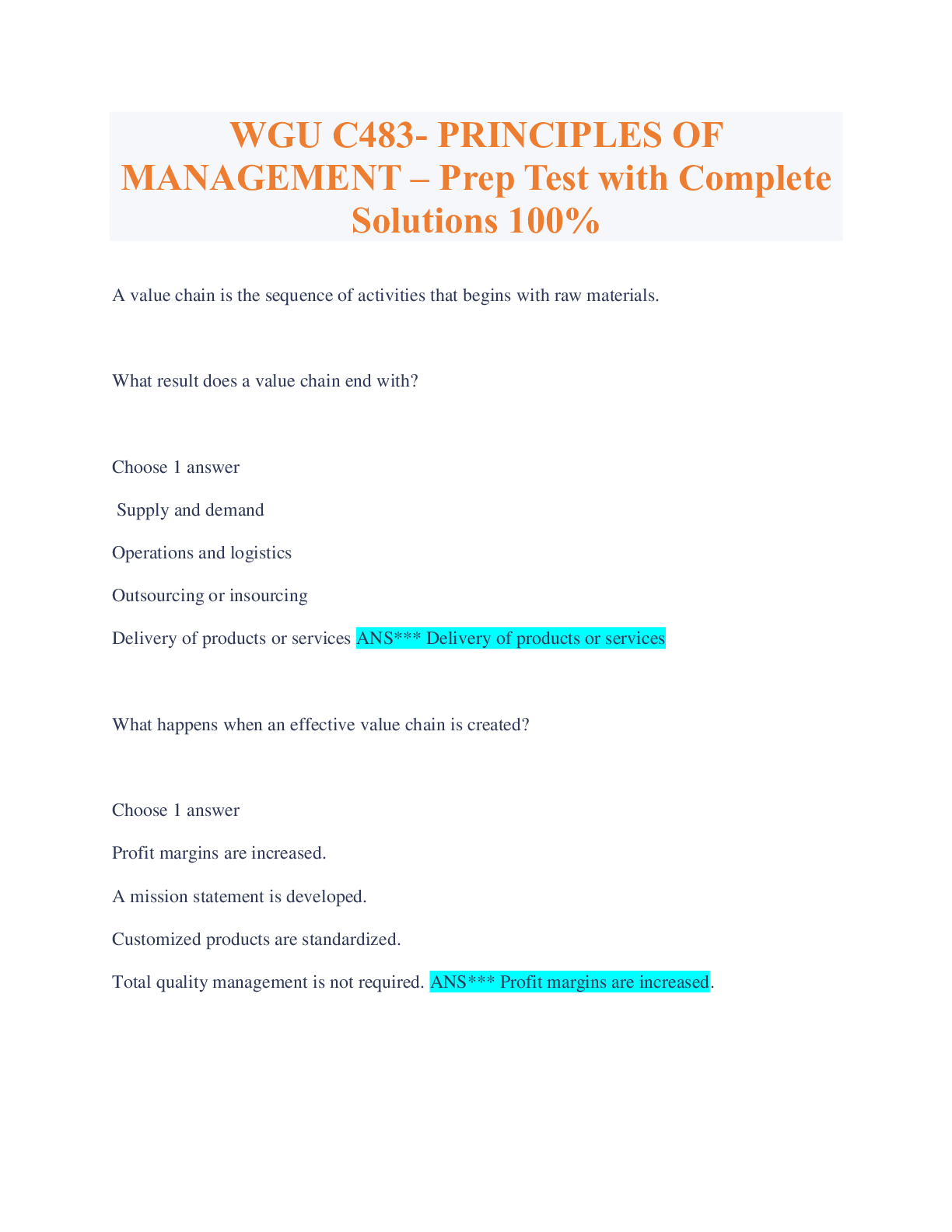
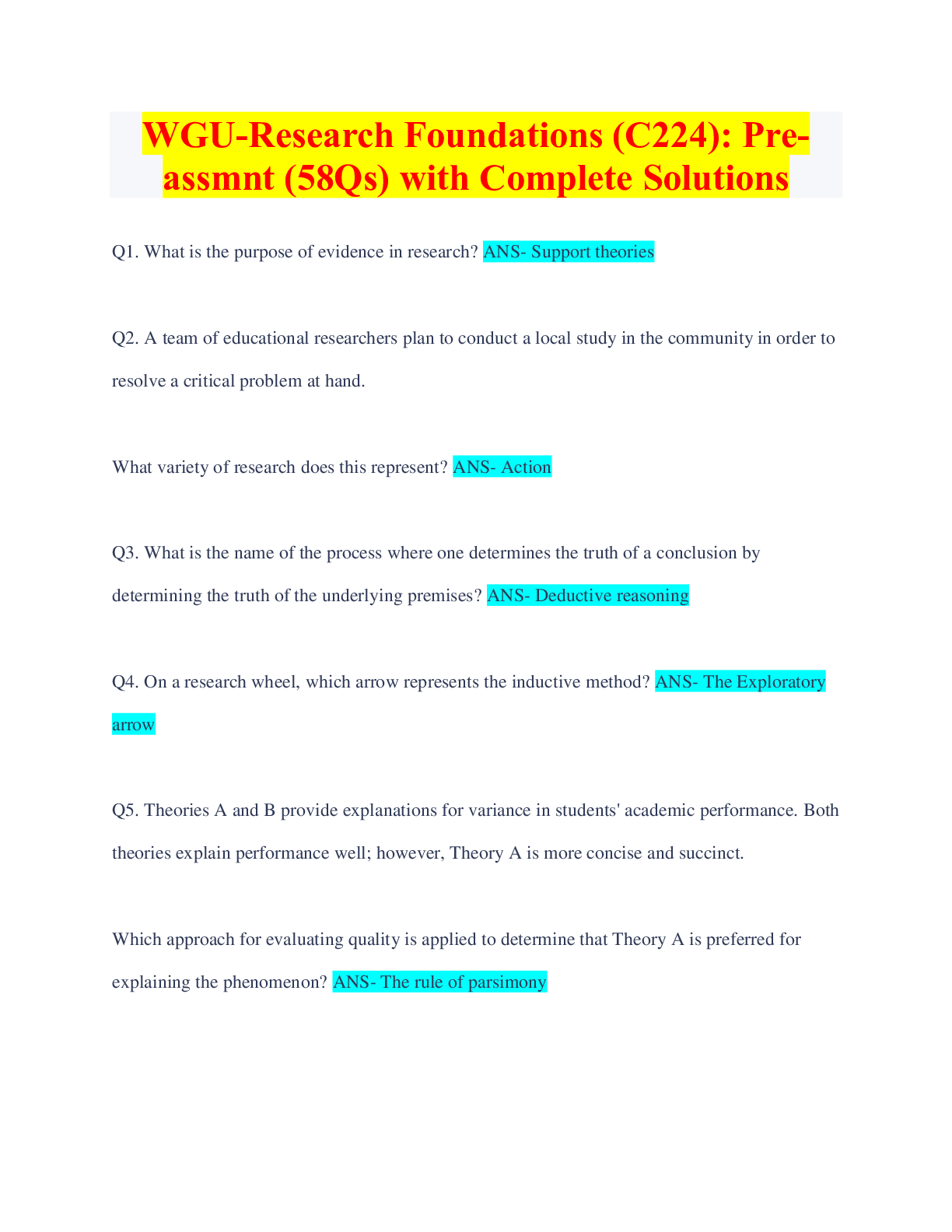
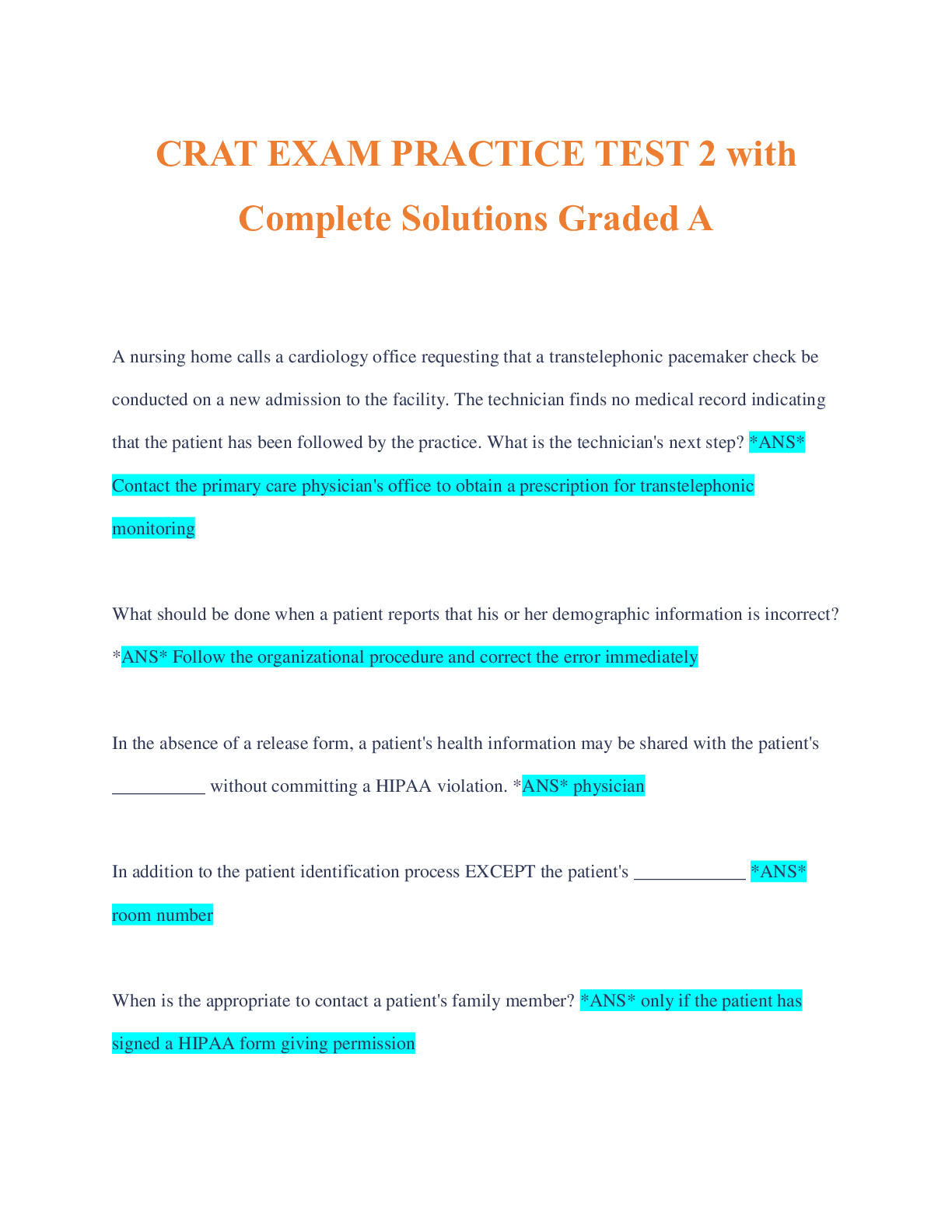
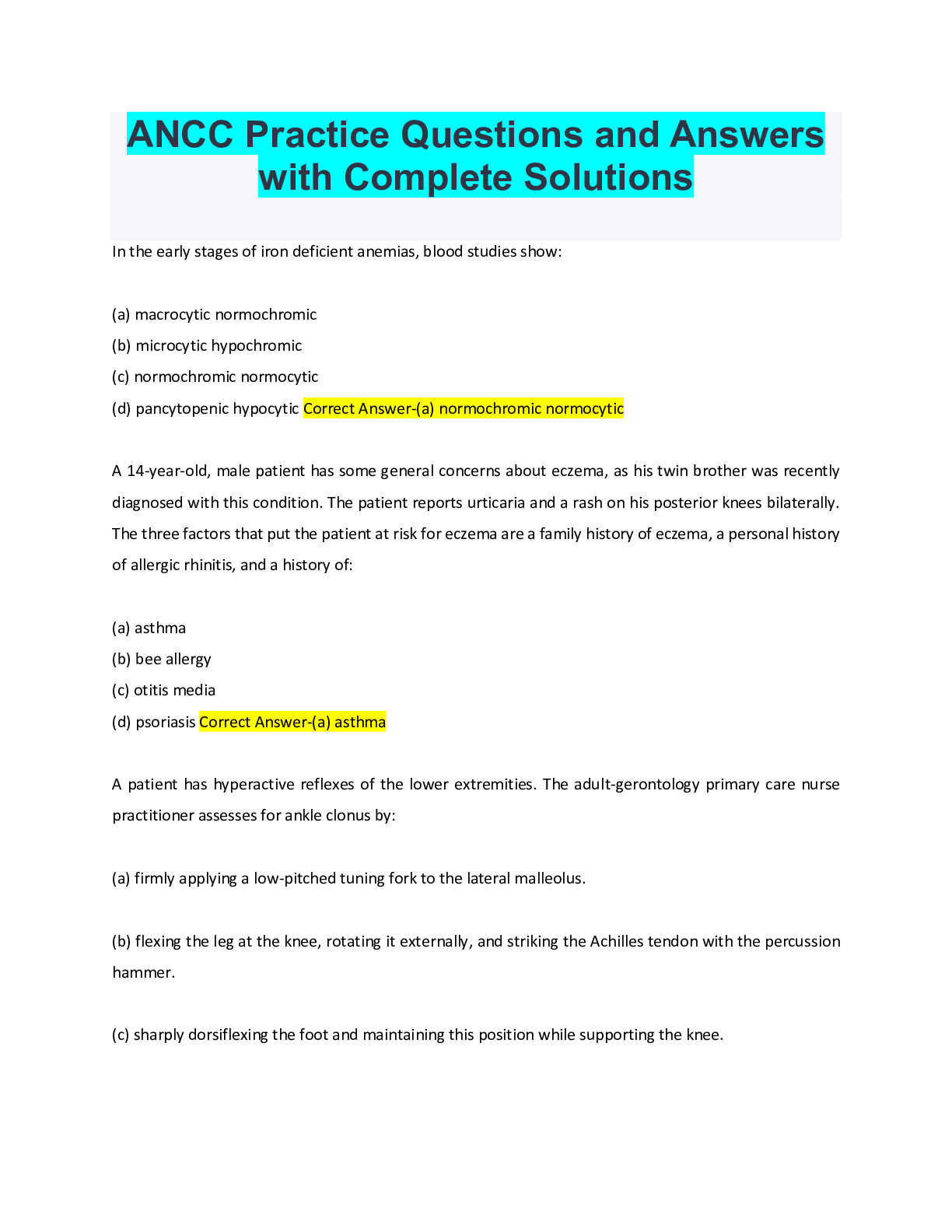
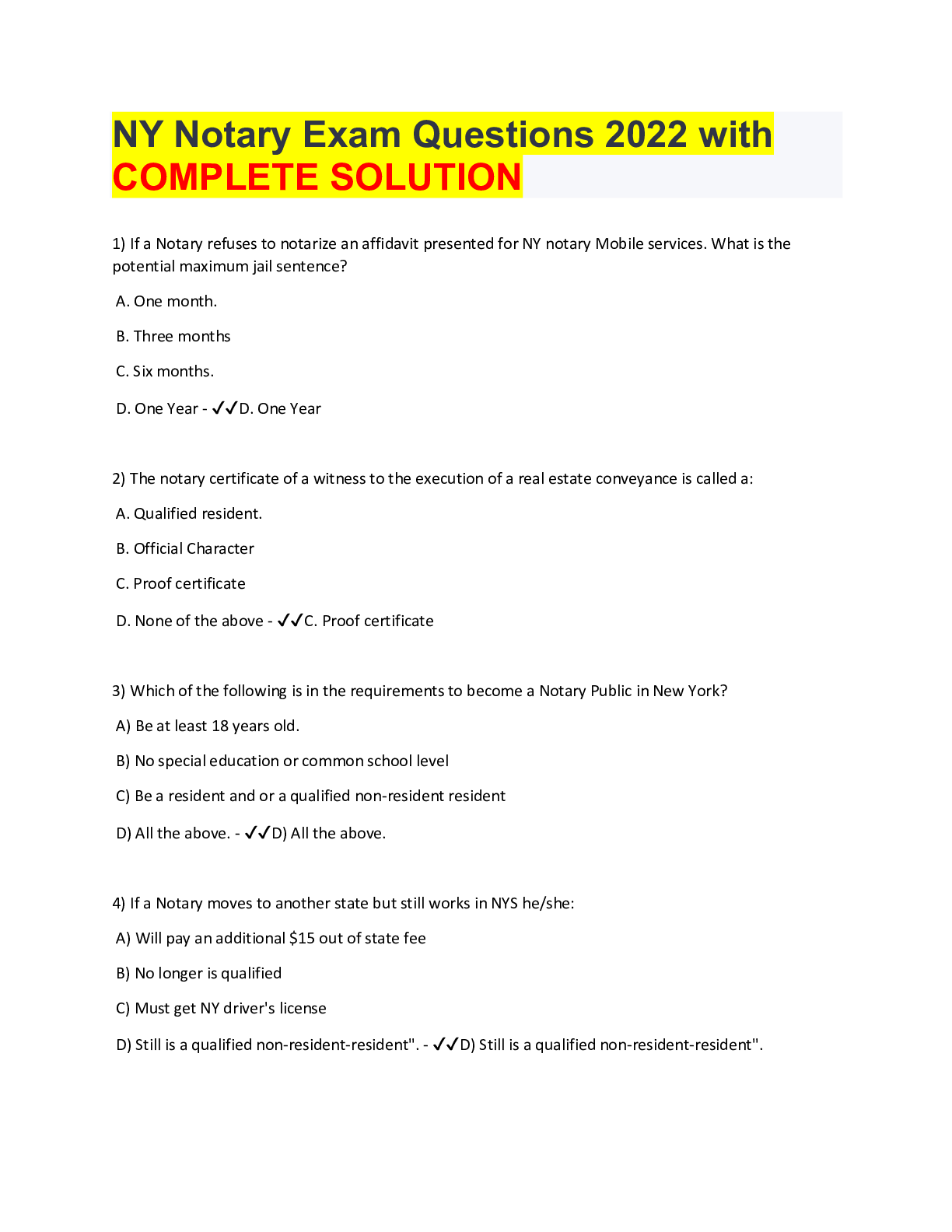
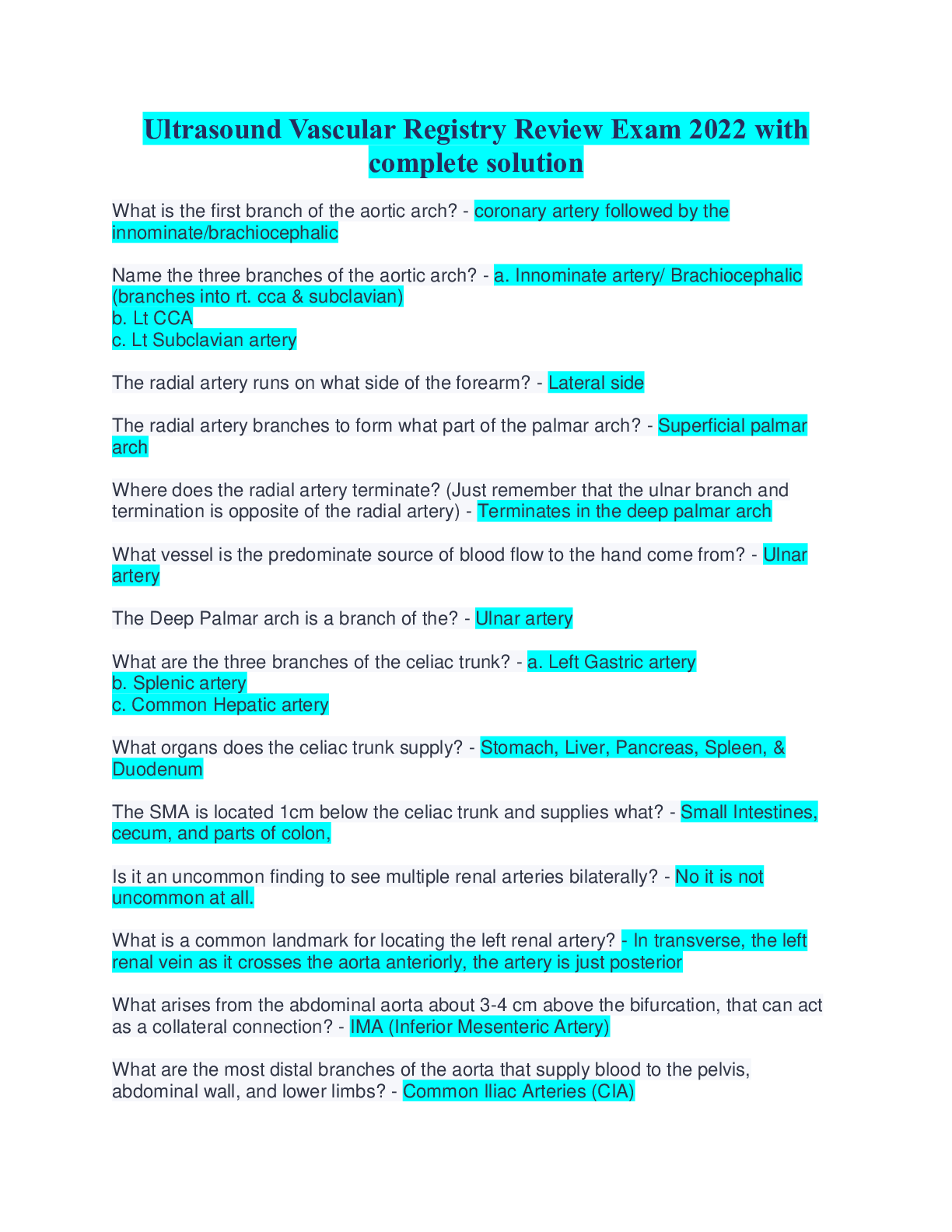
.png)
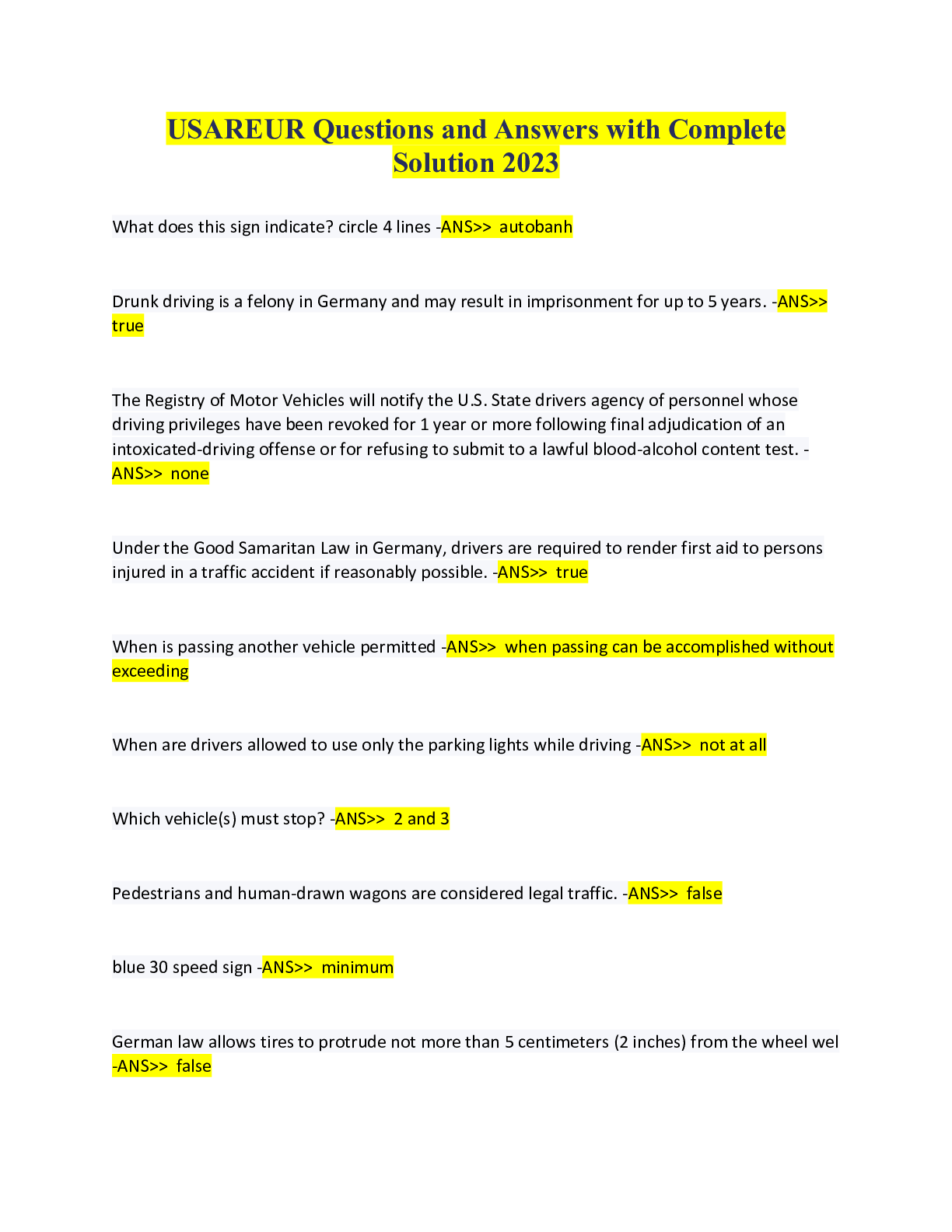
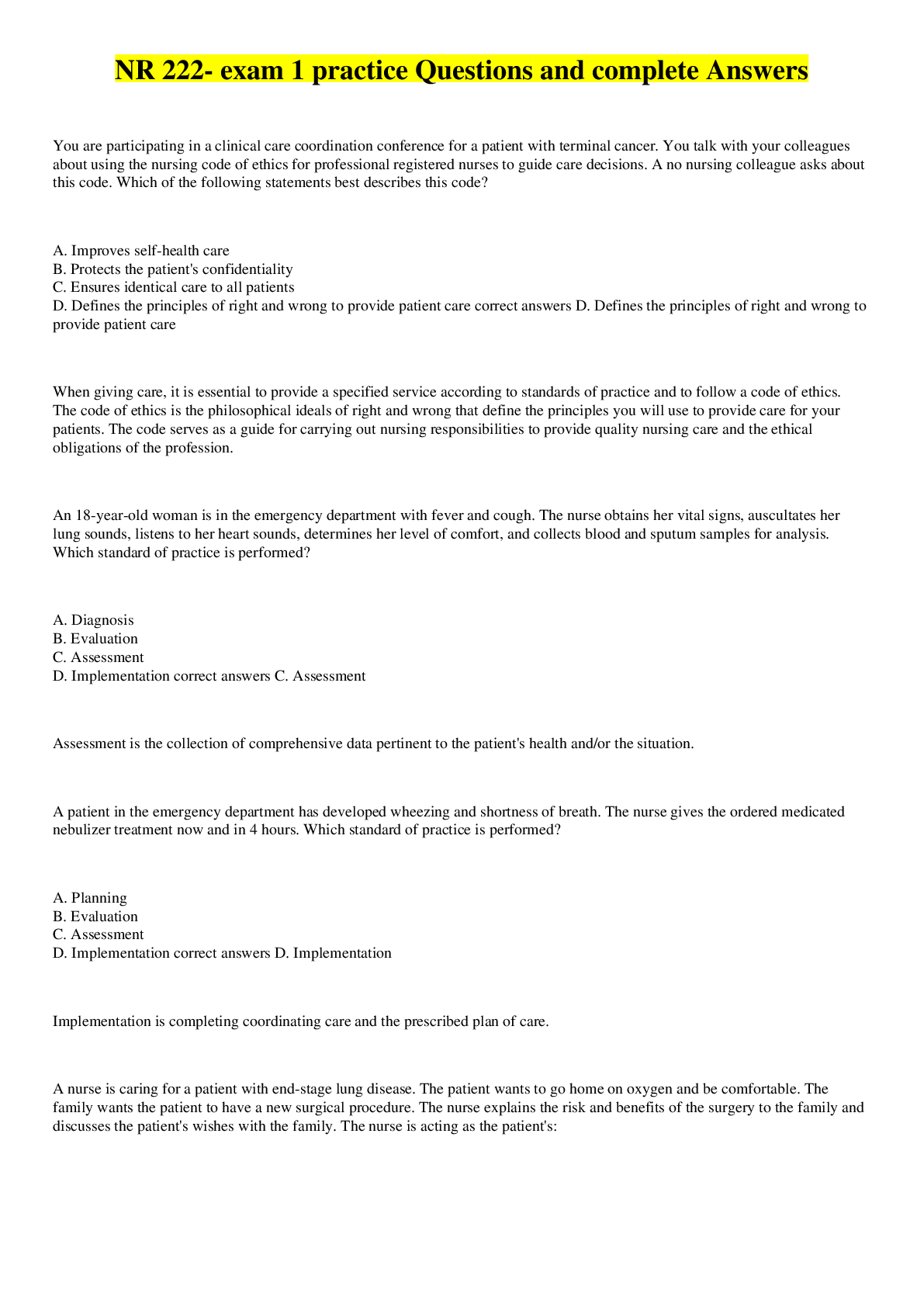
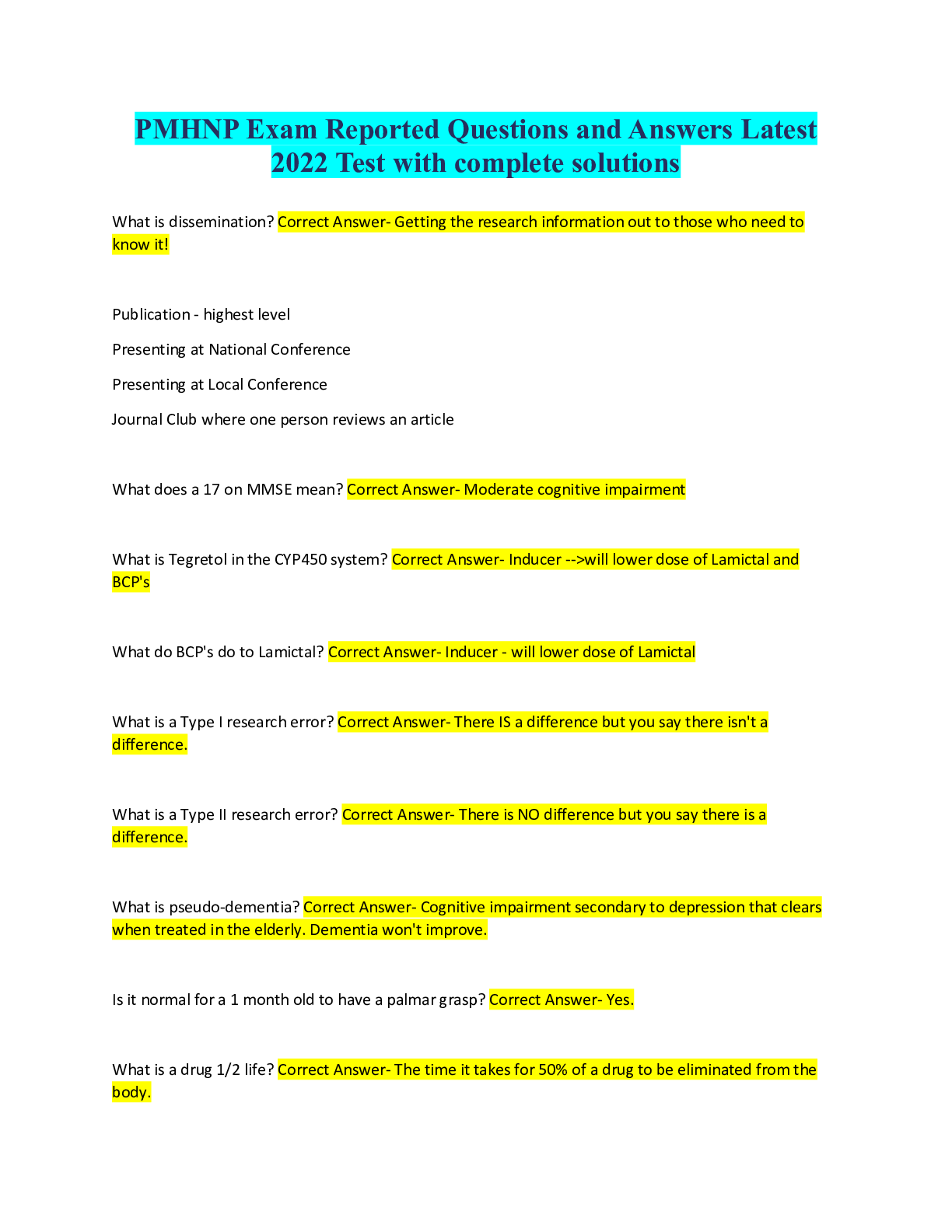
.png)

